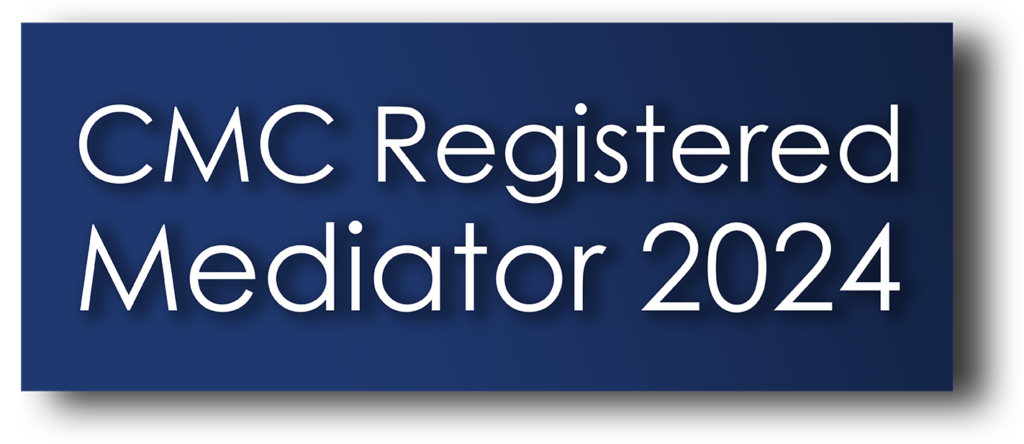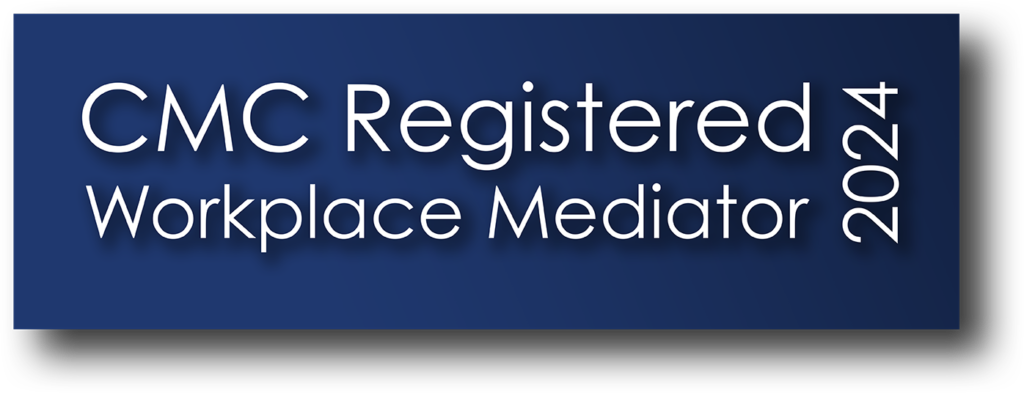An opportunity to work with a group of 15-year olds this month exploring different aspects of conflict got me thinking. Alongside other life skills such as managing money and nurturing mental health, what are some of the things about conflict that I wish I’d learnt as a teenager?
It’s unavoidable – and may be useful
A good chunk of my training with adult learners deals with the common assumptions that conflict is a bad thing. Or it’s seen as something to be avoided. But it can serve a useful function. The positives that conflict can offer include the opportunity to air issues that need to be resolved. We have an opportunity to describe what we need and to make specific requests to meet those needs. It’s an opportunity to embrace diverse thinking and different perspectives. In the workplace, a team without conflict isn’t a dream team, it’s a stagnant team!
And we can’t avoid conflict entirely. We can choose to disengage from a conflict situation, by choosing an avoidant approach. But we are still subject to that conflict, but now without the scope to work constructively. We;’re missing the opportunity to meet our needs and to understand better what the other person is seeking to achieve. Hint: there’s generally more to it than just because they want to be mean. This might have surprised my 15-year old self!
To understand what’s happening, I need to go beyond the right/wrong trap
Focusing on allocating blame is limiting. It limits the scope to understand what is driving the other person’s actions and behaviour. I can widen the scope for us to reach an agreement by making a different choice. I can do this by seeking to understand what’s going on under the surface. Why are they behaving as they are? What are they trying to achieve? What really are they trying to achieve? This is also reminds me of the Stephen Covey lesson to ‘seek first to understand’ before I make my own case.
I can choose how I engage with conflict and I can engage better
Our learned conflict style isn’t the only option available to us. Talking through concerns wasn’t the default option when I was growing up. Looking back, I suspect that many of the adults around me were conflict-avoiders. There are certainly times when avoiding a conflict may serve me well. But if that’s my only way of responding then there’s an opportunity to do better. And that could work out better for me too.
My conclusion – I have improved how I manage conflict situations and there’s scope to improve further
I have worked on my conflict skills for some years now. And I sometimes describe myself as a ‘recovering conflict avoider’ when I’m training. Using this is when we’re talking through the five Thomas-Kilman conflict styles (avoiding, competing, compromising, accommodating, collaborating).
I know that there is always scope to improve. It’s easier to enagage constructively in conflict as a third party, or in a professional setting. And, for me, I find it hardest to respond well in situations of personal conflict with my family. But I appreciate the skills I’ve built so far and I want to go further.
When training and coaching, I always emphasise that conflict skills can be developed at any stage of life. It would be great to start to develop those early on. But even if we didn’t, we can still build a solid set of skills to engage with conflict at all levels of intensity more effectively.
You can connect with Pip here for a conversation about conflict.
 By
By 


